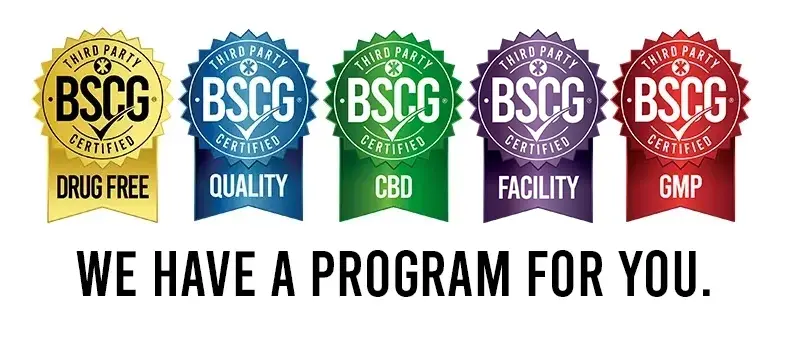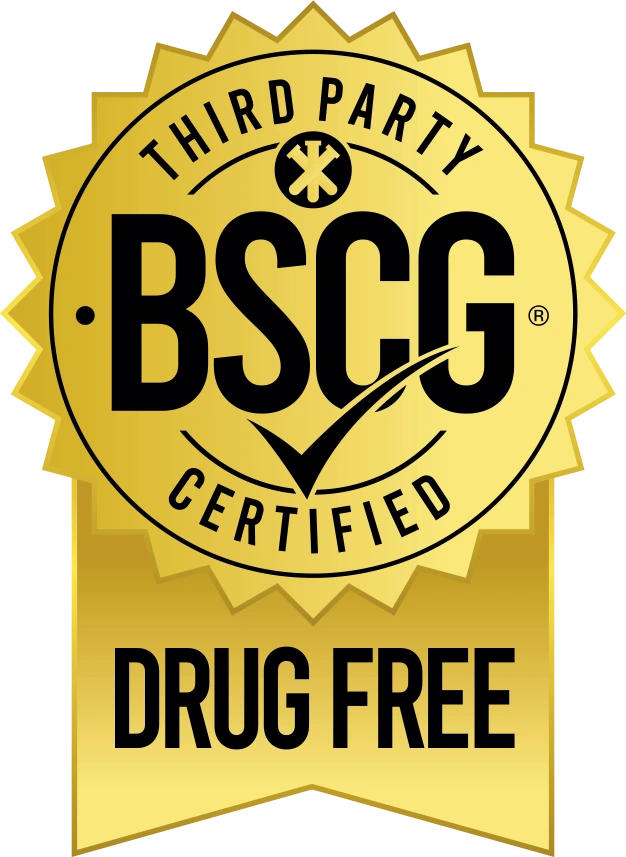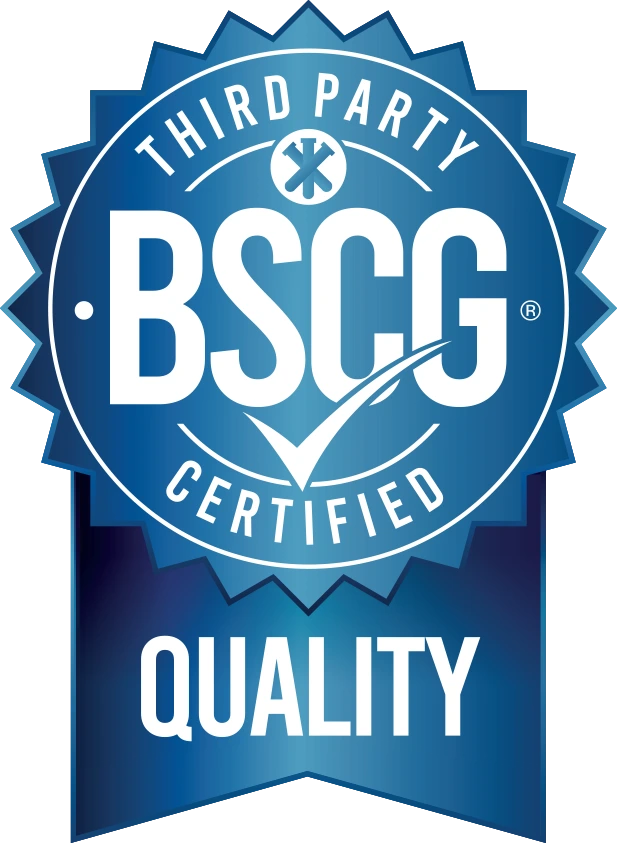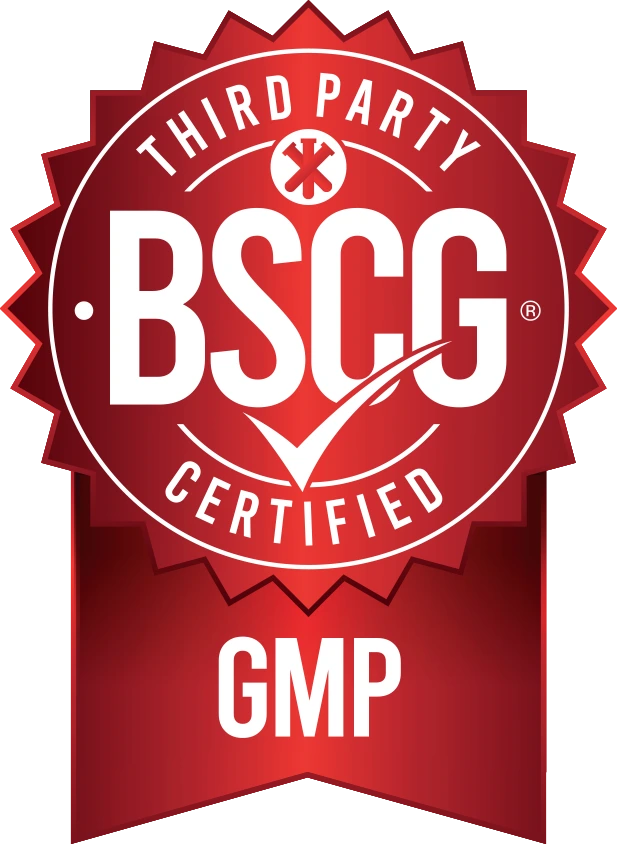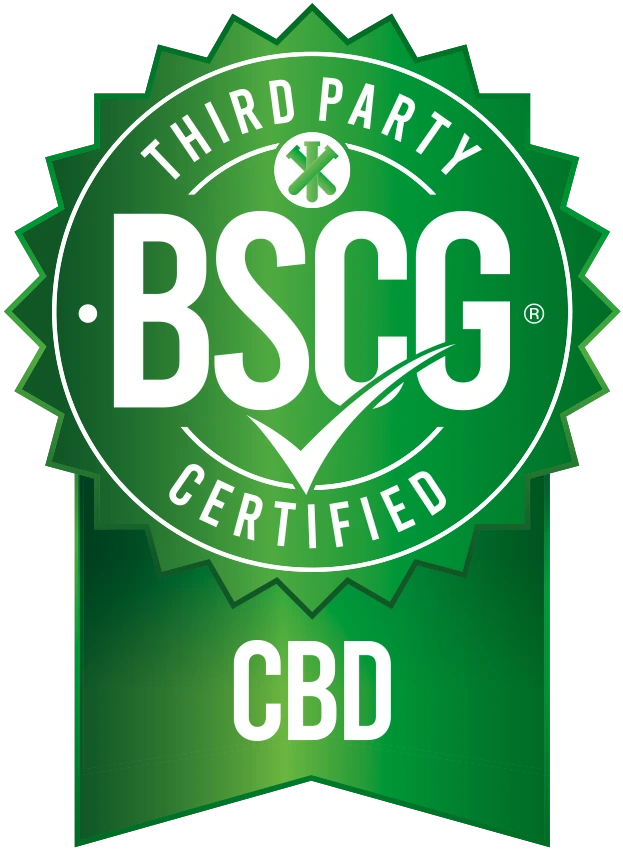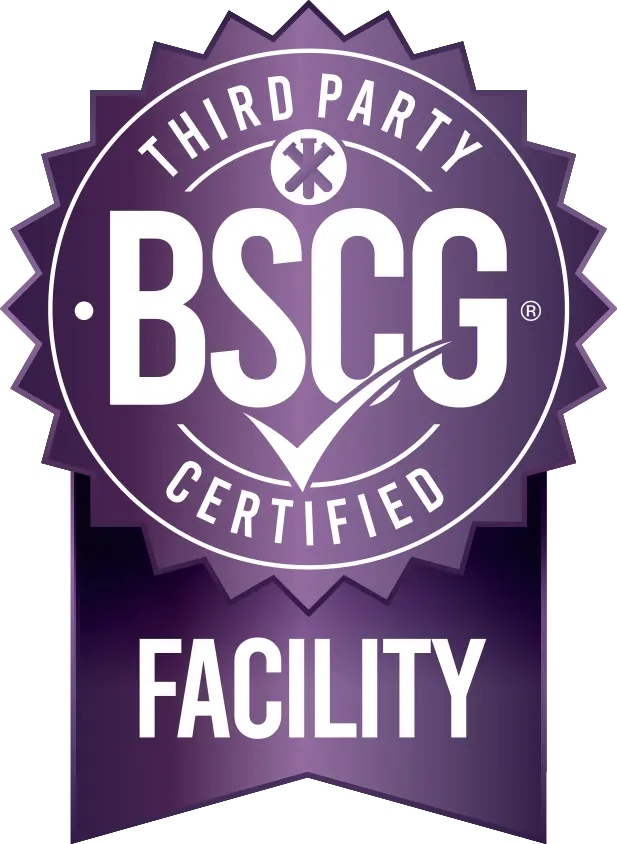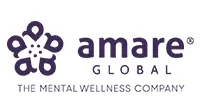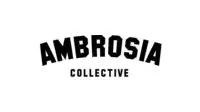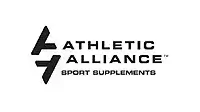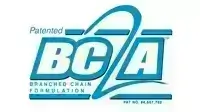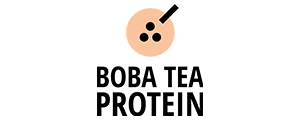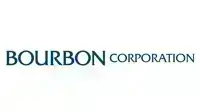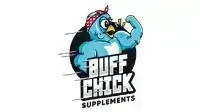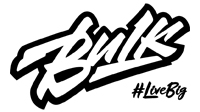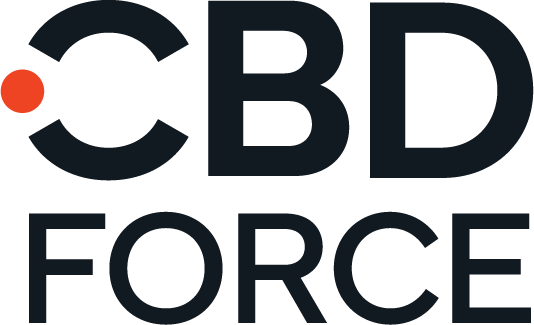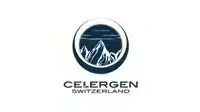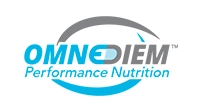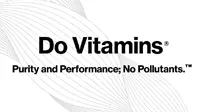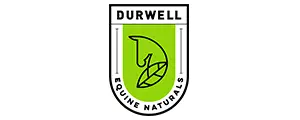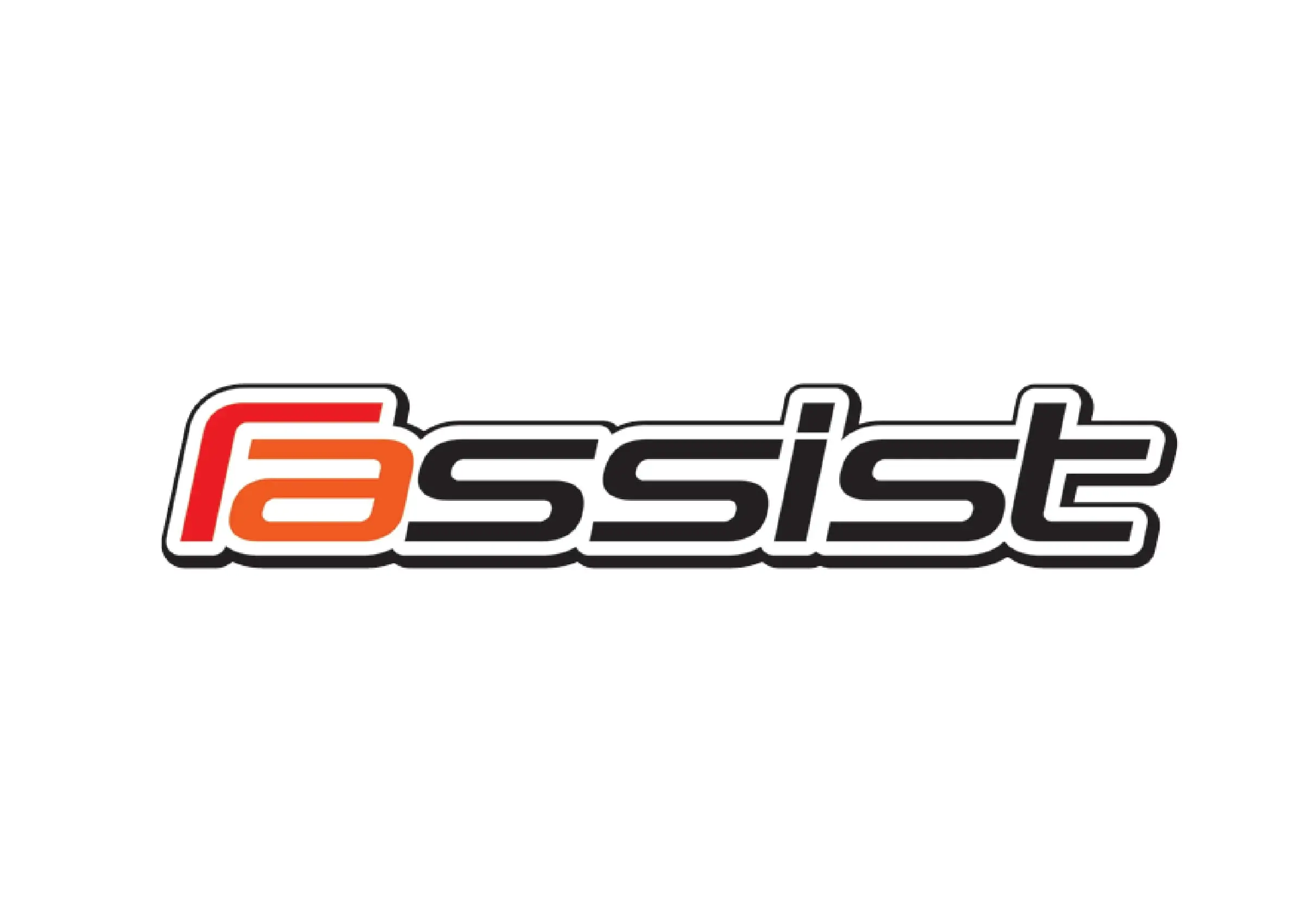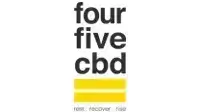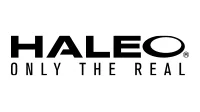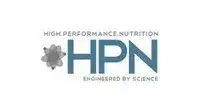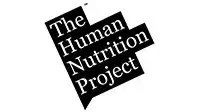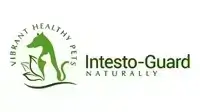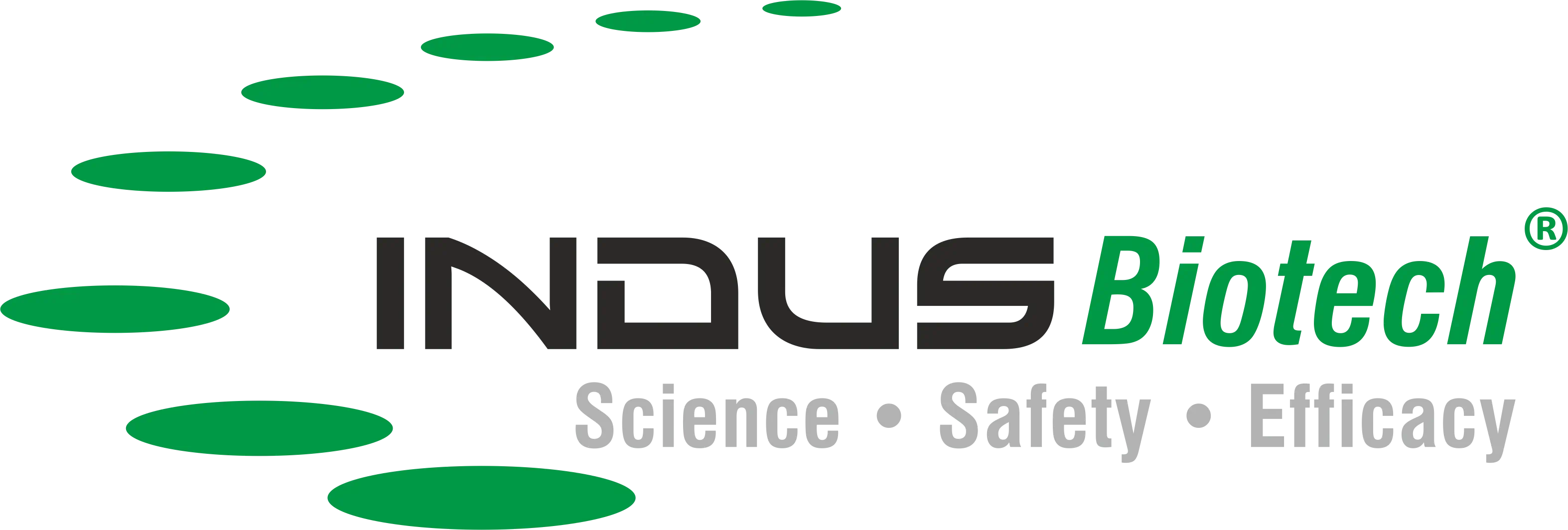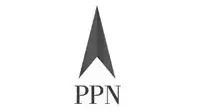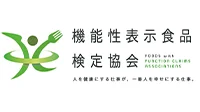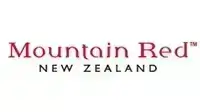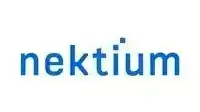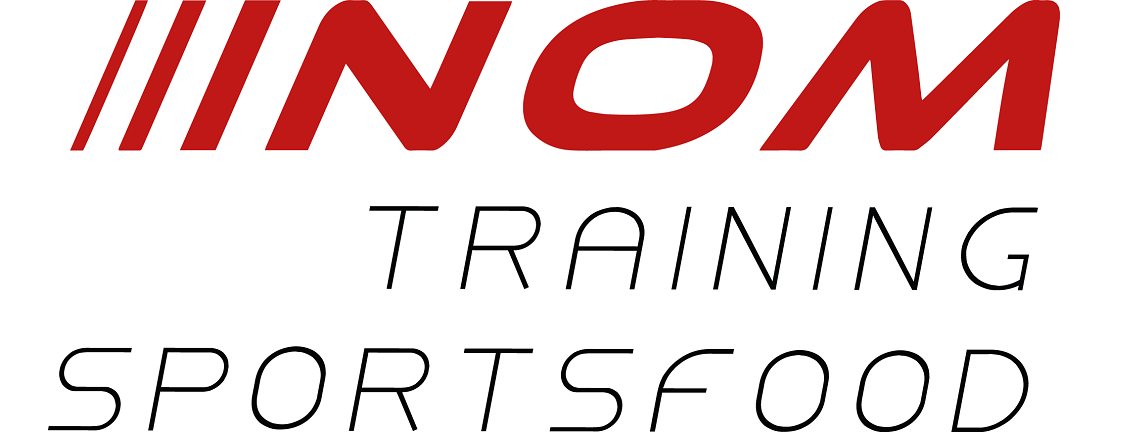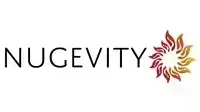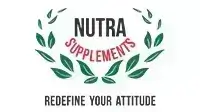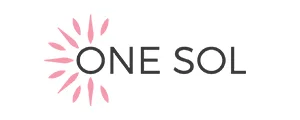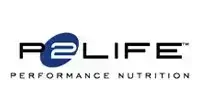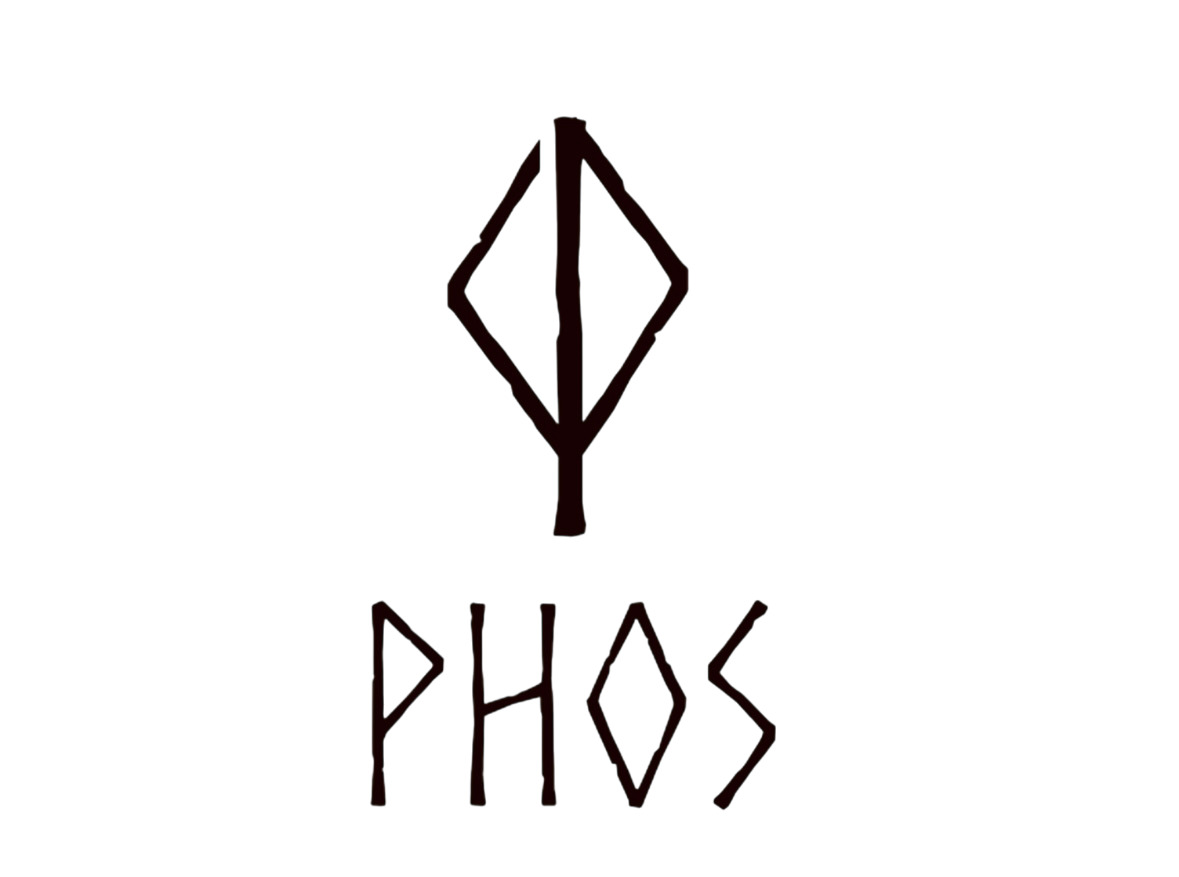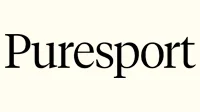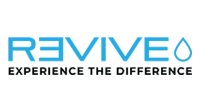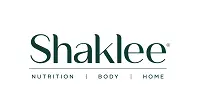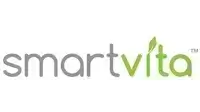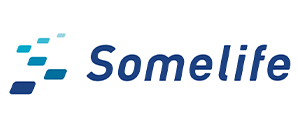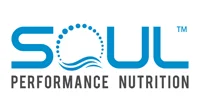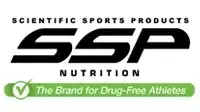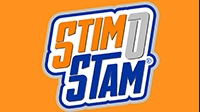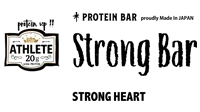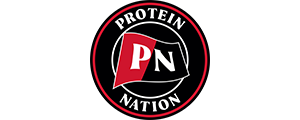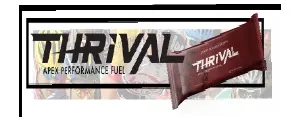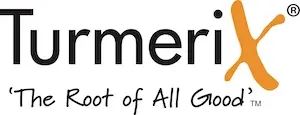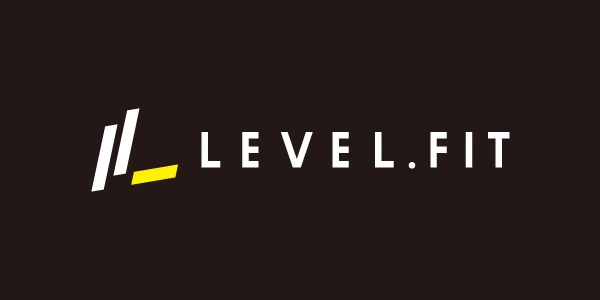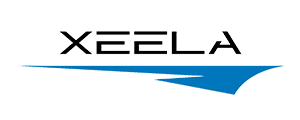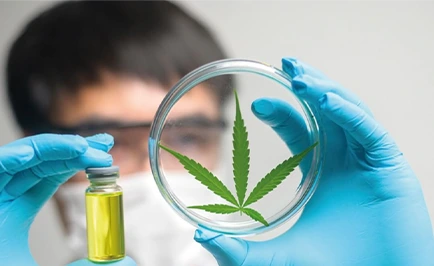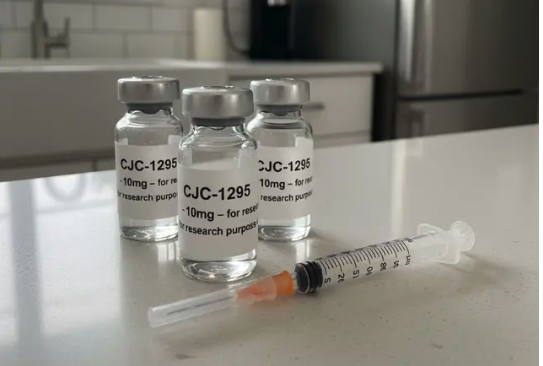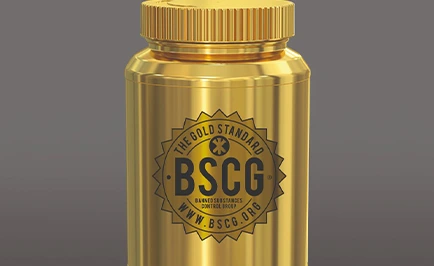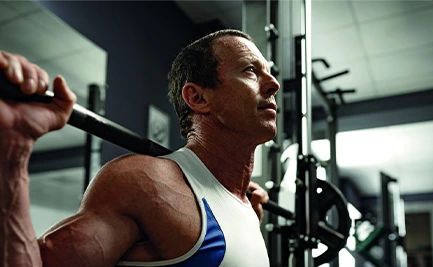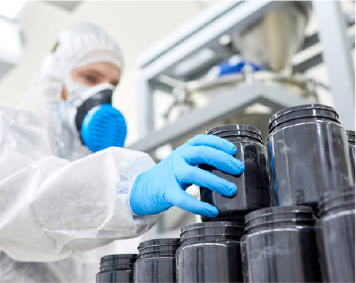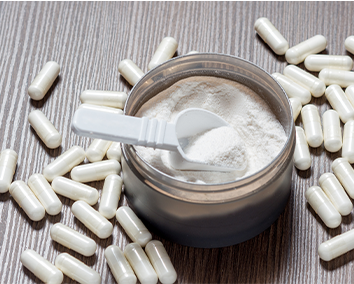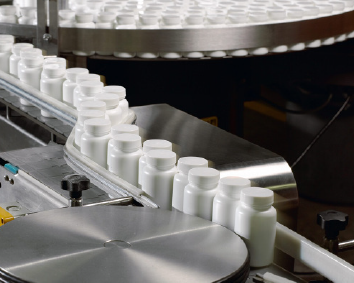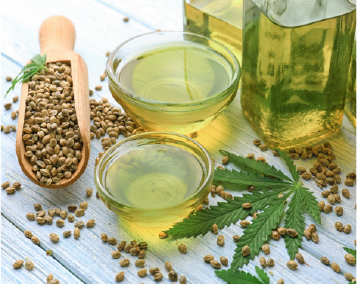A Positive Drug Test from a Kiss Highlights the Risks Athletes Face
Nov 14, 2025
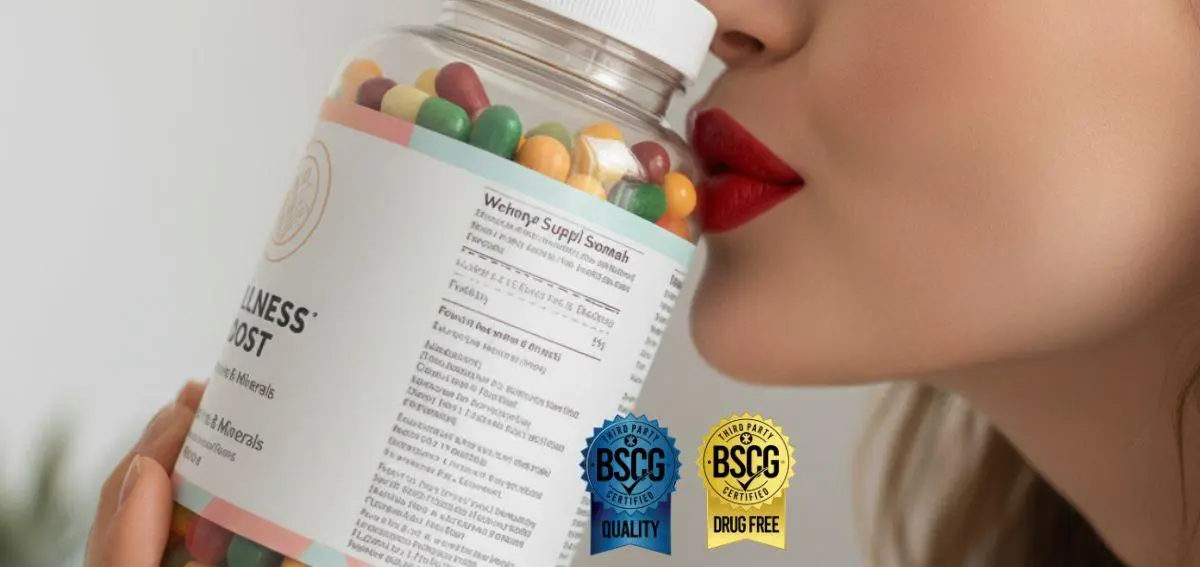
A Positive Drug Test from a Kiss Highlights the Risks Athletes Face
A gentle kiss might be a universal form of affection, but it may have negative consequences if you’re a competitive athlete. Olympic fencer Ysaora Thibus felt the unexpected consequences of this when she tested positive for Ostarine, which is a banned Selective Androgen Receptor Modulator (SARM) linked to muscle growth. As an Olympic medalist and the 2022 world champion, she faced a 4-year suspension and a possible end to her career. Fortunately, for her, the Court of Arbitration for Sport accepted that the most likely explanation for her positive test was repeated kissing of her partner, who had been using the drug. While this is a very unusual case it shines a light on the myriad of ways athletes can inadvertently test positive for banned substances even if they aren’t using them. It’s cautionary example of how omnipresent banned substances are in today’s world and how fragile clean competition can be. In this contaminated world it always pays to be vigilant as a brand, athlete and consumer.
Contact Crossed The Line
It’s easy to imagine Thibus is alone in this weird set of circumstances, but she’s not. Similar kissing cases have been seen before. The American sprinter Gil Roberts failed a drug test after kissing his girlfriend, who was taking a medication that contained a substance banned in sports. French tennis player Richard Gasquet said he’d kissed a woman in a nightclub, which led to cocaine being in his system. Both of these cases held up in anti-doping hearings, but not everyone is so lucky. In 2025, Venezuelan tennis player Goncalo Oliveira was given a 4-year suspension after claiming his positive methamphetamine test was a result of kissing his partner. So, while the science almost seems improbable, repeated close contact can transfer trace amounts of drugs through saliva and skin. Contamination isn’t always from shady supplements. It can come from simple human interactions that can have far-reaching consequences.
When Sensitivity Becomes A Risk
As you might imagine, modern drug testing techniques have become increasingly advanced. And perhaps that makes them somewhat unforgiving as well. These tools can pick up drug traces at concentrations so small that they are beyond microscopic. Drug tests today can find amounts in the low parts per trillion, while a decade ago drug tests were only able to find parts per billion levels. To give you a visual, the average grain of salt is 58 micrograms, or parts per million. Divide that by 10 million and that is what sport drug testing can detect today.
According to a 2022 review, WADA-accredited labs can even differ in how they interpret these ultra-low readings, where some can pick up substances that others can’t. That lack of consistency may leave an athlete with uncertainty, and the study warns that without clear thresholds for detection, even the smallest exposure, from things like contaminated food, dietary supplement, or a kiss, can trigger a positive drug test. That makes education, transparency, and verifiable product testing one of the best ways to protect athletes and other drug-tested professionals from blind spots.
Certainty Starts With Certification
When the margins of detection are this close, the most reliable defense is certainty. That’s where programs like BSCG Certified Drug Free and BSCG Certified Quality provide the protection brands and athletes need. Every lot of a BSCG Certified Drug Free supplement is tested for more than 450 drugs, including 400+ WADA Prohibited Substances and 50+ prescription, over-the-counter, or illicit drugs. BSCG Certified Quality adds annual testing for label accuracy, heavy metals, pesticides, and microbiological agents. Both programs include a manufacturing quality control review and Good Manufacturing Practice (GMP) compliance audit to ensure ongoing integrity. For brands, certification turns compliance into proof. For brands, athletes, and professionals, it’s the difference between risk and peace of mind.
The Bigger Picture
The intersection between kissing and banned substances may seem rather extraordinary, but the implications are anything but rare. Whether it’s an accidental contamination thanks to food, supplements, or close contact, the risks are expanding for athletes and military professionals who are drug tested. As drug testing becomes increasingly sensitive, the margins for error are increasingly slim. Third-party certification for banned substances combats the risks and builds trust in a system where the smallest exposure to a banned substance can derail an athletic or military career. Third party certification turns unpredictable variables into verifiable confidence, and that’s what you want when it comes to your dietary supplements.
